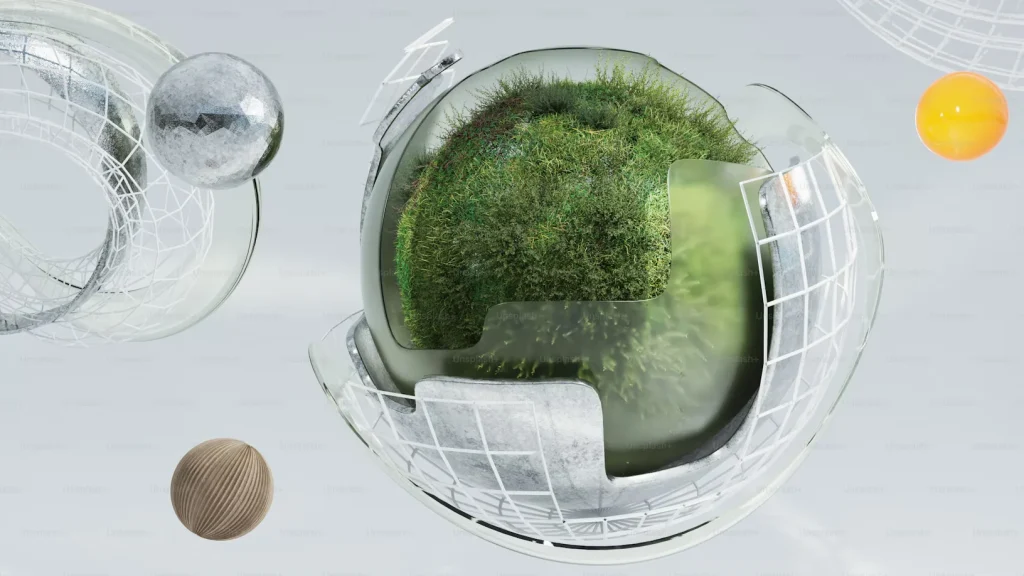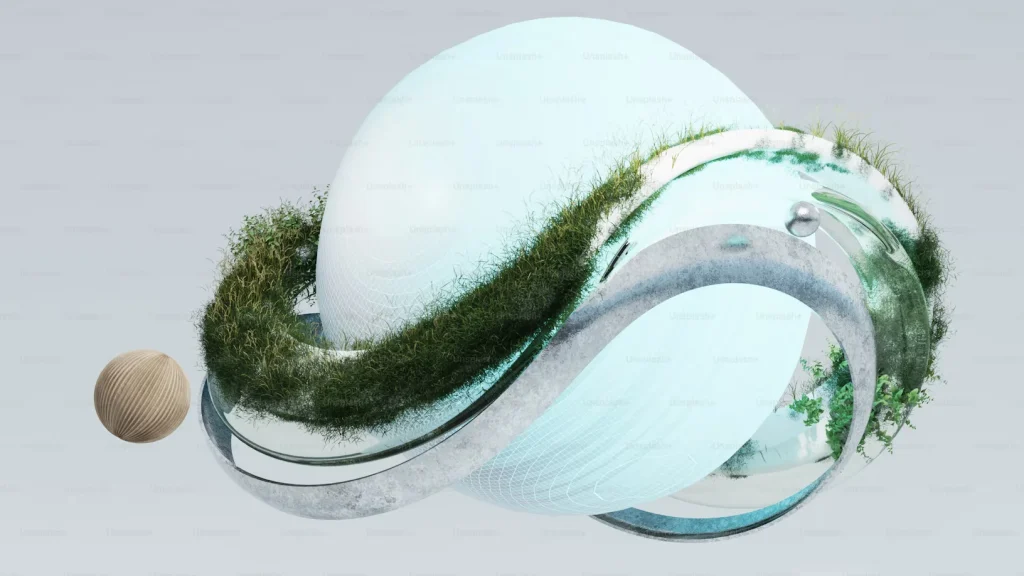Water is a critical resource that supports life, ecosystems, and economic activities. However, the growing demand, pollution, and climate change pose significant challenges to water availability and quality. As a result, there is an increasing need for sustainable water technologies that provide innovative solutions for water management, treatment, and conservation. This article explores the latest advancements in sustainable water technologies and their impact on creating a sustainable future.
The Importance of Sustainable Water Technology
Sustainable water technology refers to innovations that enhance water efficiency, reduce waste, and minimize environmental impact. Given the critical need for clean and accessible water, sustainable solutions are essential for managing water resources responsibly. These technologies not only address immediate water scarcity and pollution issues but also contribute to long-term sustainability goals, ensuring that future generations have access to safe and clean water.
Key Areas of Innovation in Sustainable Water Technology
- Emerging Membrane Technologies for Sustainable Water Treatment
Membrane technology has become a cornerstone of sustainable water treatment, offering a range of filtration processes to purify and desalinate water. These membranes are designed to remove contaminants, bacteria, and other impurities from water, providing a clean and safe supply. Recent advancements include the development of nanomembranes and bio-inspired membranes that improve filtration efficiency and reduce energy consumption. For example, nanomembranes are engineered at the molecular level to increase their surface area and selectivity, making them more effective in removing even the smallest particles and pathogens .

- Sustainable Hydroponic Technology
Hydroponics, a method of growing plants without soil, uses nutrient-rich water to support plant growth. This technology is sustainable because it uses 90% less water than traditional agriculture and can be implemented in areas with limited arable land. Investing in hydroponic technology is crucial for achieving future food security, as it enables year-round cultivation and reduces water consumption in agriculture. By using closed-loop systems, hydroponics can recycle water, further enhancing sustainability .
- Sustainable Water Treatment and Technology
Advancements in water treatment technologies are essential for addressing the growing challenges of water pollution and scarcity. Microbial technology, which leverages microorganisms to break down pollutants, is a promising solution for sustainable water treatment. These technologies use natural processes to degrade organic matter, remove toxins, and treat wastewater efficiently. Emerging membrane technologies also play a significant role by providing advanced filtration methods that reduce energy use and improve the quality of treated water .
- Sustainable Refrigeration and Sanitation Technologies
Innovations in sustainable refrigeration and sanitation technologies focus on reducing energy consumption and improving public health outcomes. Sustainable refrigeration technology, for instance, involves the use of low-GWP (Global Warming Potential) refrigerants and advanced insulation materials that minimize energy loss. Similarly, sustainable sanitation technology aims to develop eco-friendly waste management solutions, such as dry toilets and anaerobic digesters, which treat human waste without water, reducing the strain on water resources .
- Sustainable Cellulose Fiber and Hydrofiber Technologies
Cellulose fiber and hydrofiber technologies are gaining traction in industries like water filtration and healthcare. Sustainable cellulose fiber technology involves using plant-based materials to create filters for removing impurities from water. These fibers are biodegradable, reducing the environmental footprint of filtration processes. Hydrofiber technology, commonly used in wound care, is now being adapted for water management applications, providing a sustainable way to absorb and filter liquids without chemical additives .
Investing in Sustainable Hydroponic Technology
Hydroponic technology represents a sustainable shift in agriculture, offering a method to grow food with minimal water use. Given the increasing pressure on water resources and the need for sustainable food production, investing in hydroponic systems is crucial. These systems not only conserve water but also allow for the cultivation of crops in urban and arid areas, expanding agricultural possibilities and ensuring food security. Companies and investors are recognizing the potential of hydroponics to transform agricultural practices, making it a key area for investment and innovation .

Emerging Membrane Technology for Sustainable Water Treatment
Membrane technologies, such as ultrafiltration, nanofiltration, and reverse osmosis, are revolutionizing water treatment. These methods effectively remove contaminants, reduce waterborne diseases, and provide potable water in areas with scarce resources. Recent innovations focus on developing more robust and cost-effective membranes that require less energy, making water treatment more sustainable. These advancements are crucial for developing countries and regions facing acute water shortages .
Sustainable Liquid Technology
Sustainable liquid technologies focus on optimizing the use and management of liquid resources, including water and other fluids used in industrial processes. These technologies aim to reduce waste, enhance recycling, and improve the overall efficiency of liquid use. For example, innovations in liquid chromatography and separation processes allow for the recovery and reuse of valuable materials, reducing environmental impact and promoting resource conservation .
Microbial Technology for a Sustainable Environment
Microbial technology leverages the power of microorganisms to address environmental challenges, including water pollution. These technologies utilize natural microbial processes to treat wastewater, degrade pollutants, and restore ecosystems. By enhancing the natural breakdown of organic matter and contaminants, microbial technology offers a sustainable solution for maintaining clean water and a healthy environment. This approach not only reduces the need for chemical treatments but also lowers the overall carbon footprint of water treatment processes .
Conclusion
Sustainable water technologies are crucial for addressing the global challenges of water scarcity, pollution, and climate change. Innovations such as membrane filtration, hydroponics, microbial processes, and advanced materials are paving the way for more efficient and sustainable water management practices. By investing in and adopting these technologies, businesses, governments, and individuals can contribute to a sustainable future where water is accessible, clean, and conserved for generations to come.
As the need for sustainable water solutions grows, so does the potential for innovation and collaboration. Insoftex is committed to driving these advancements by developing and implementing custom solutions that support sustainable water management and help create a better, more sustainable world.
Stay Connected
Follow us on LinkedIn for more insights and updates on the latest trends in trading platform development and other innovative technology solutions.







